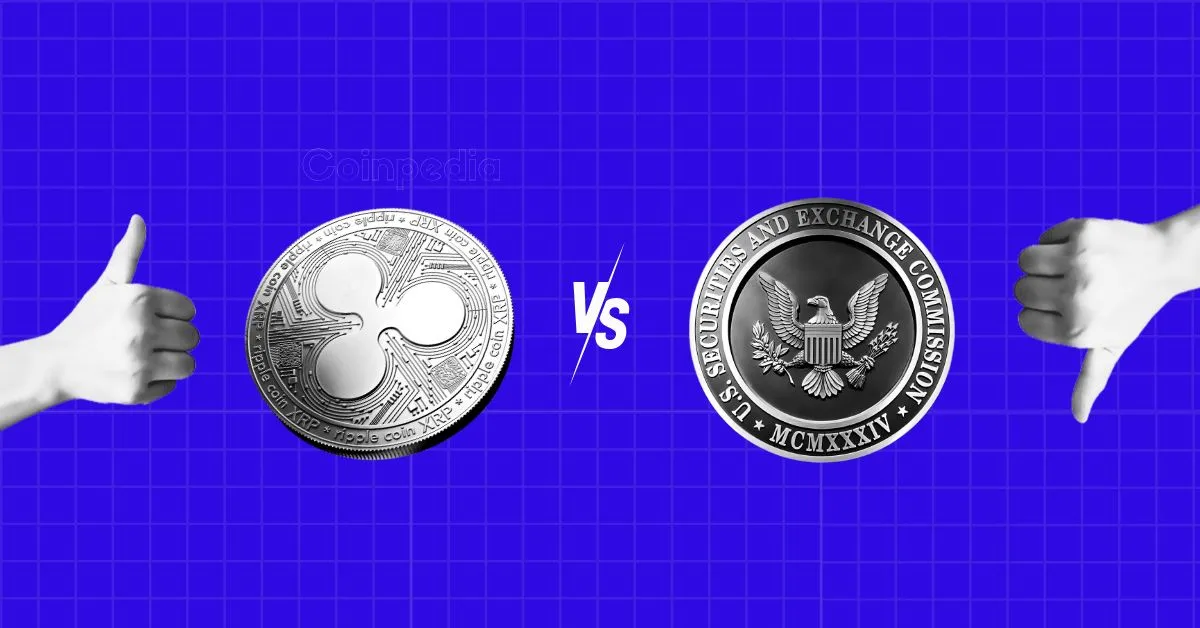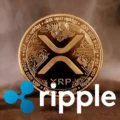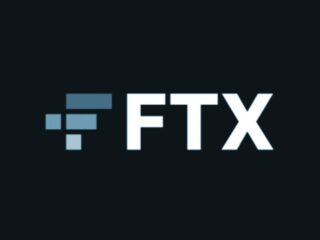
- Ripple proposes “network-ready test” to clarify when crypto tokens are not securities, whereby market value and decentralization criteria should be used.
- Once again, Rippl from the Congress called for clear crypto laws and criticized the vague standards of the Sec.
Ripple urges regulatory clarity in the crypto sector and calls on the US value paper and stock exchange supervision SEC to eliminate the ambiguities in digital assets. In a current Write Ripple suggested a “network-ready test” to the crypto-task force of the SEC to determine when tokens are not securities. The letter quotes precedents and academic research to support the position of the company.
All of this is one of Ripple’s efforts to design US crypto regulations and enable innovations such as XRP-based ETFs.
Ripples legal framework
Ripple’s chief lawyer Stuart Alderoty said that clear guidelines are needed when a digital asset that is sold as part of an investment contract becomes independent and is no longer a security.
Today, @Ripple submitted an additional letter to the SEC’s Crypto Task Force addressing a key question from Commissioner Peirce’s “New Paradigm” speech: When does a digital asset separate from an investment contract?
We appreciate the continued engagement with the Task Force.…
— Stuart Alderoty (@s_alderoty) May 27, 2025
By letter dated May 27, Ripple proposed a test with two conditions: whether the issuer has not yet fulfilled essential promises and whether the current token owners have enforceable rights against the issuer. If neither of the two conditions apply, Ripple says, the token should not be a security. This would reduce uncertainty for the secondary markets. The company relies on a judge Analisa Torres from 2023 in the case of sec./.ripple, in which it was found that XRP itself is not a security if it is traded on secondary sleeves.
However, that classified Targeted certain institutional sales as securities offers. Ripple also referred to the study “The Ineluctable Modality of Securities Law“ of the legal scientist Lewis Cohen from 2022 it is argued that tokens in secondary transactions that are free of issuing obligations are not considered securities.
Alderoty said that vague SEC definitions, such as “adequate decentralization”, do not offer an enforceable clarity, which is why Ripple calls for a precisely defined approach.
The network maturity test
Ripple has drawn up a “network-ready test” to create a measurable standard for when a token separates from its original investment contract. The test takes into account the market capitalization, operating history and decentralization.
Ripple proposed a market value wave of one billion dollars and a ten -year operating time for a free -free network without central control. According to Ripple, tokens that meet these criteria would be traded in liquid markets with a lot of public information, so that securities regulation is not required.
The company said that tokens in open, permissible networks in which no single party controls the core functions should not be subject to securities laws. This test offers a clear alternative to the vague decentralization concept of the SEC, which Ripple criticized as subjectively.
By determining objective standards, Ripple wants to protect the innovation and at the same time take into account the concerns of the regulatory authorities. The proposal also supports a safe port for good -faith actors during the early development of the network, although Ripple made it clear that this should not mean that transactions with digital assets per se fall under the right of securities.
The congress is required – but for years
Ripple asked Congress to create new laws for digital assets, as the regulation of innovations that are too far disabled.
Ripple wants instructions on the basis of the existing law and relies on the Torres judgment and Cohen’s study, which shows that most of the fungal crypto assets on the secondary sleeves are not securities because there is no legal relationship between issuent and owner.
Alderoty show to the limited powers of the SEC and said that only the congress can change the securities laws to close gaps in crypto regulation. This coincides with demands of the Blockchain Association and industry guides such as Blackrock, who also want clearer rules.
Ripple’s letter is a reaction to the “New Paradigm” speech by Commissioner Hester Peirce, who asked when token separate investment contracts. The company’s advance for legal clarity also supports its efforts by XRP ETFs, which could expand the market range of the token as well as the ETF-driven growth of Bitcoin.
As CNF reported, the case of sec./.ripple is not officially concluded because judge Torres recently rejected a $ 125 million comparison. The company’s latest letter shows its commitment to the design of US cryptopolitics. It wants a framework that creates a balance between regulation, investor protection and innovation.





No Comments